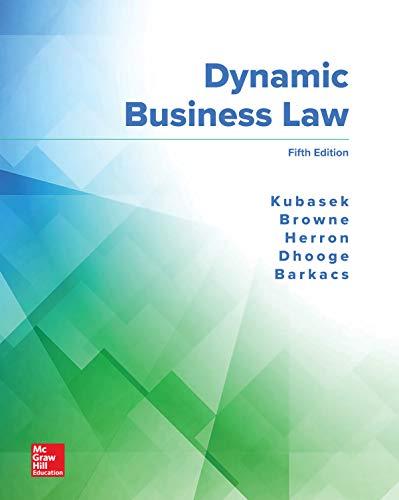The plaintiffs father collapsed near the racquetball courts of a Ballys health club. While an ambulance was
Question:
The plaintiff’s father collapsed near the racquetball courts of a Bally’s health club. While an ambulance was being called, a Bally’s employee trained in cardiopulmonary resuscitation and the use of the club’s automatic external defibrillator (AED) assessed the man’s medical condition. The employee decided that neither life-saving measure was appropriate given that the heart attack victim was breathing and had a pulse. He left the man to check on the status of the 911 response, and when he returned to the plaintiff’s father, two club members, a doctor and a medical student, were administering CPR.Upon arrival, the paramedics shocked the father with an AED, but he never recovered. The plaintiff submitted the affidavit of a board-certified cardiologist, who opined that the father’s “chances of survival would have been significantly higher if the AED had been used within the first few minutes after his collapse” rather than upon arrival of the ambulance.
At the time of the incident, the state had a law that required all health clubs in the state to provide on the premises an AED and a person in attendance at the club who was properly certified to operate an AED and perform CPR.
The trial court initially dismissed the case on grounds that the state law requiring health clubs to have AEDs on the premises did not impose a duty on health clubs to use the devices in cardio emergencies.
On appeal, the court overturned the dismissal, saying that the plaintiff should have an opportunity to present his case not based on the statutory duty of defendants but based on a different duty. What duty do you think that, according to the court, the plaintiff should have a chance to prove the defendant breached?
Step by Step Answer:

Dynamic Business Law
ISBN: 9781260247893
5th Edition
Authors: Nancy Kubasek, M. Neil Browne, Daniel Herron, Lucien Dhooge, Linda Barkacs





